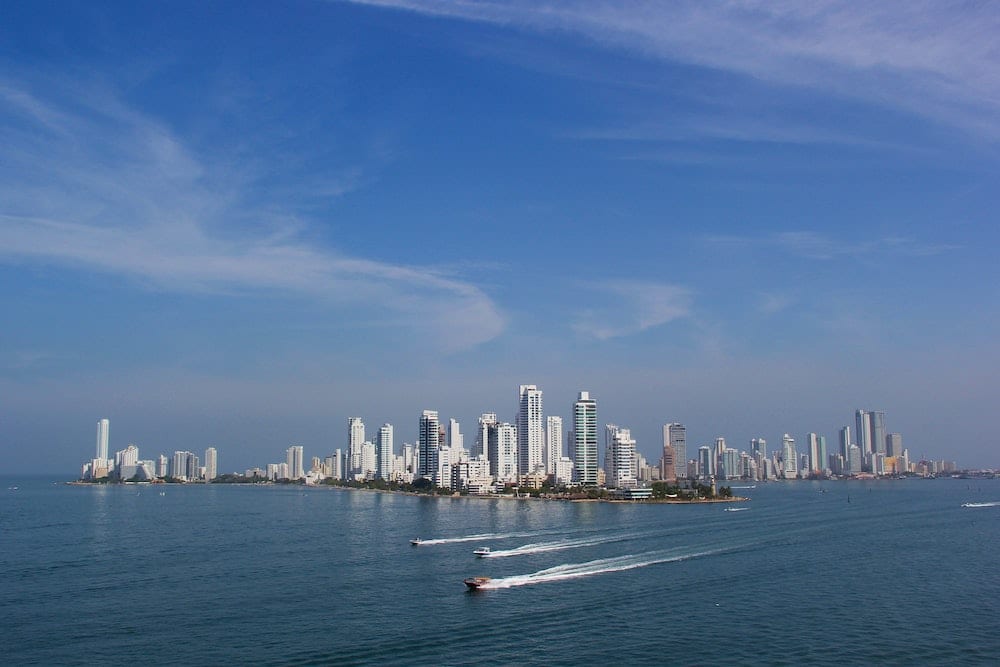What’s the Role of AI in Crafting Sustainable Urban Development Plans?

In the evolving era of rapid technological advancement and urban expansion, Artificial Intelligence (AI) is making an influential impact on the way we envision and plan for the future of our cities. This transformative technology is playing an instrumental role in shaping sustainable urban development, by transforming raw data into actionable insights that can enhance city planning and management. This proactive approach to urban development not only optimizes the use of valuable resources, but also promotes environmental sustainability and community enrichment. Let’s delve into how AI is making this possible.
Bridging Data with Urban Planning
With the increasing complexity of urban systems, traditional approaches to city planning can no longer keep up. Here’s where the power of AI comes in. It has the potential to process and analyze vast amounts of real-time urban data. This data-driven approach can help to reveal hidden patterns and trends, shaping more informed and effective city planning strategies.
Avez-vous vu cela : How Can Voice-Assistant Technology Aid Dyslexic Readers?
AI is capable of transforming seemingly complex urban data into meaningful insights about a city’s infrastructure, population, and resources. For instance, using AI algorithms, planners can analyze traffic data to design effective transportation systems, reducing congestion and improving travel time efficiency. Similarly, AI can aid in analyzing energy consumption data to create more energy-efficient urban models.
Promoting Sustainable Urban Management
Sustainable management of cities is a critical aspect of maintaining a healthy community and environment. AI can support this by providing advanced solutions for managing waste, optimizing energy use, and monitoring environmental factors.
En parallèle : What awaits you in the playstation mystery box?
By analyzing patterns in waste production, AI can help city managers to devise more efficient waste management systems, minimizing environmental harm. Similarly, AI can play a vital role in energy management. By predicting energy demand and optimizing energy allocation, AI can help create sustainable energy systems that reduce costs and carbon emissions. Also, AI’s ability to monitor and predict environmental conditions, such as air quality, can be instrumental in preserving the city’s environment.
Informing Sustainable Urban Design
The design of a city greatly influences its sustainability. AI can support planners in creating urban designs that foster environmental, social, and economic sustainability. By processing and analyzing varied data sets, AI can infer the most effective design elements for a particular community or location.
For instance, AI can analyze foot traffic data to identify which areas of the city are most frequented by pedestrians, informing the placement of public spaces and amenities. Similarly, by analyzing demographic data, AI can help ensure that urban designs cater to the needs of the diverse population. These insights can inform the creation of inclusive, accessible, and sustainable urban landscapes.
Driving Community-Centric Urban Development
AI can play a crucial role in fostering community-centric urban development. Using AI, we can glean insights from social media data or community feedback to understand the needs and preferences of city dwellers. This can inform the development of city plans that are responsive to the needs of the community.
For instance, analyzing social media data can reveal public sentiment towards certain city developments or policies. This can guide policymakers in making decisions that are in tune with the community’s desires and expectations. Similarly, AI can help in predicting future urban trends, helping cities to proactively enact plans and policies that cater to future needs.
Envisioning the Future of Urban Development
The future of urban development is increasingly becoming intertwined with the burgeoning field of AI. This transformative technology is not just a mere tool, but a catalyst for change in the way we perceive and shape our cities.
By harnessing the power of AI, we can enhance our understanding of complex urban systems, streamline city management, inform sustainable urban designs, and foster community-centric development. The possibilities are immense and the trajectory is promising. As we move forward, the role of AI in crafting sustainable urban development plans will only continue to expand and evolve.
Enhancing Public Safety and Security
Safety is a chief concern in urban planning and development. Artificial Intelligence can greatly contribute to the enhancement of public safety and security measures in urban environments. By utilizing real-time data and predictive analytics, AI can help city officials make data-driven decisions that enhance the safety of city inhabitants.
For instance, by analyzing crime data, AI can identify crime hotspots and predict future crime trends. This information can help law enforcement agencies to allocate their resources more efficiently, intervene proactively and ultimately reduce crime rates. In addition to this, AI can be used to analyze traffic data to identify areas with high accident rates, enabling city planners to design safer roads and intersections.
AI can also play a vital role in disaster management. With climate change posing an increased risk of natural disasters, cities need to be prepared for such events. AI can analyze weather patterns and predict potential natural disasters, enabling cities to take preventive measures and prepare for emergencies effectively.
Moreover, AI can also enhance public safety by monitoring city infrastructure. AI algorithms can be used to analyze infrastructure data and identify potential structural issues before they become a safety hazard. By leveraging AI in this manner, cities can proactively maintain and improve their infrastructure, thereby enhancing public safety.
Facilitating Sustainable Infrastructure and Renewable Energy Adoption
The adoption of sustainable infrastructure and renewable energy is an essential component of sustainable urban development. AI has the potential to significantly facilitate this transition by helping urban planners make informed decisions and design smarter cities.
AI can analyze various data sets, such as the city’s energy consumption, the efficiency of existing infrastructure, and the potential for renewable energy sources. By doing so, AI can provide valuable insights that help city planners develop strategies for the adoption of renewable energy and the development of sustainable infrastructure.
For instance, AI can predict the potential of solar and wind energy in different city areas by analyzing weather patterns and sun exposure data. Such predictions can guide investment decisions in renewable energy infrastructure. Furthermore, AI can analyze energy consumption data to identify inefficiencies and suggest improvements, promoting energy efficiency and reducing environmental impact.
Apart from this, AI can also help in the design and management of smart grids, which are crucial for the effective use of renewable energy. Smart grids use AI to balance energy supply with demand, reduce energy waste, and improve the reliability of the power system.
Conclusion: Towards Sustainable Smart Cities
In conclusion, AI is proving to be an invaluable asset in the realm of sustainable urban development. Through its ability to process an immense amount of data in real-time and derive meaningful insights, AI is radically transforming urban planning, management, and design.
Artificial Intelligence is reshaping our cities into smart cities that are more efficient, resilient, and sustainable. By aiding in waste management, promoting energy efficiency, enhancing public safety, facilitating the adoption of renewable energy, and driving community-centric development, AI is helping to create urban environments that are better equipped to tackle the challenges of the future.
As we continue to grapple with pressing issues such as climate change, population growth, and urbanization, the role of AI in urban development will undoubtedly become even more critical. Therefore, as we look towards the future, it is clear that AI will play an instrumental role in crafting sustainable urban development plans that will shape the cities of tomorrow.
